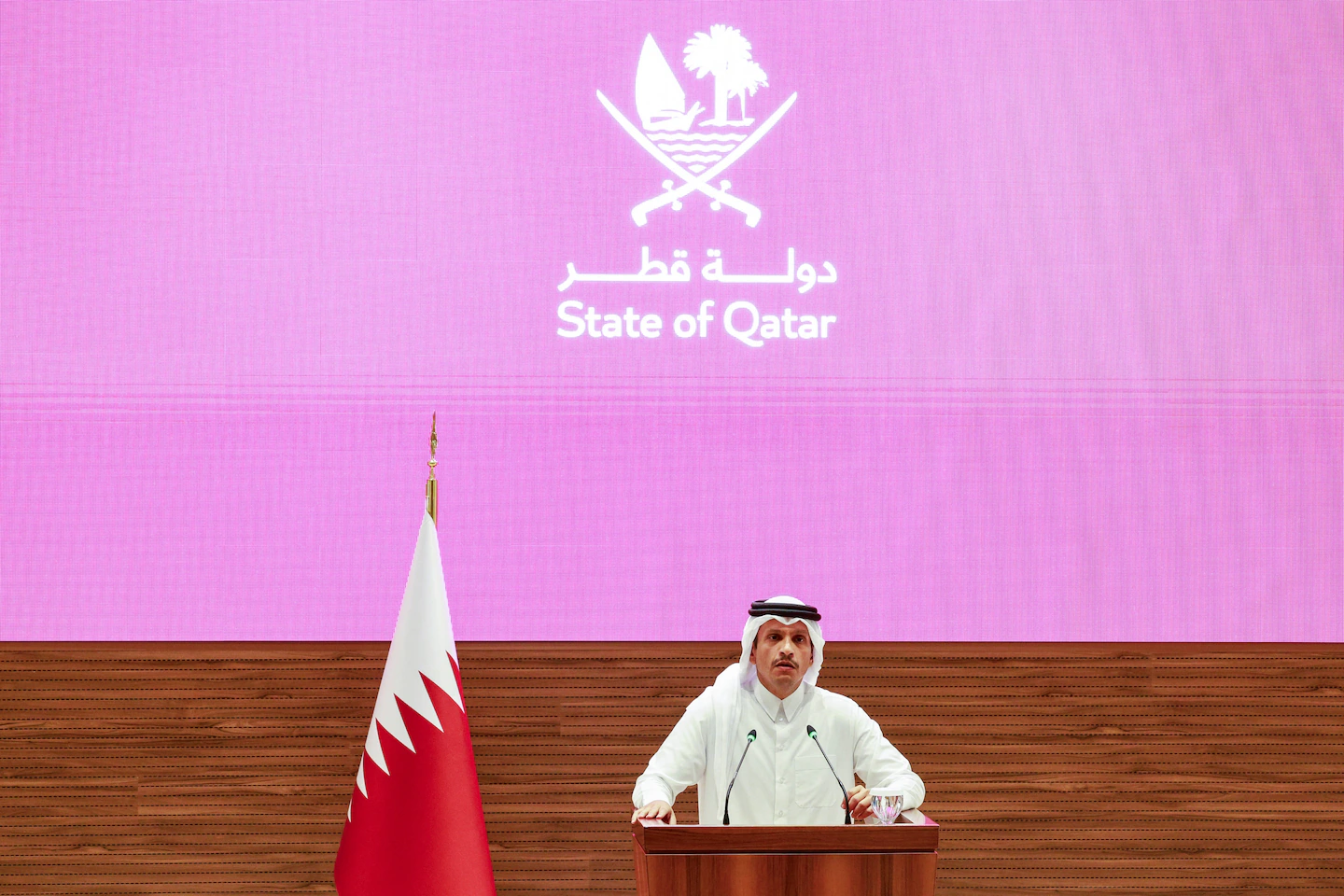Escalating Conflict Beyond Gaza
The conflict between Israel and Hamas has extended far beyond Gaza’s borders. A recent Israeli strike inside Qatar has triggered widespread condemnation. It raises urgent questions about regional stability. The Gulf state, which has positioned itself as a mediator in the Israeli-Palestinian conflict, has now found itself at the center of direct hostilities.
The attack struck a district of Doha near embassies, schools, and residential areas. This resulted in multiple fatalities and shocked regional observers. Israel has declared that no location is beyond its reach. This declaration intensifies fears among neighboring states about the expansion of military operations. This escalation complicates international mediation efforts.
Qatar has historically hosted negotiation teams and facilitated delicate ceasefire talks aimed at reducing civilian suffering in Gaza. The latest assault risks dismantling years of diplomatic groundwork. It reinforces the perception that ceasefire prospects are rapidly fading. According to the United Nations, nearly two million people in Gaza face worsening humanitarian conditions. This makes the collapse of talks a devastating setback.
Qatar’s Role in Regional Diplomacy
For decades, Qatar has balanced its status as a U.S. ally with its role as an intermediary in Middle Eastern conflicts. It hosts American forces at Al Udeid Air Base. Simultaneously, it allows Hamas political leaders to operate in exile.
The country has walked a fine line between diplomacy and controversy. Its efforts in hostage negotiations and ceasefire arrangements have been recognized by international organizations and governments. This highlights Doha’s influence in shaping regional peace dynamics.
The Israeli strike, however, raises doubts about Qatar’s ability to continue in this mediating role. Officials in Doha have condemned the attack as state terrorism. They stress that undermining Qatar’s neutral standing will harm ongoing diplomatic initiatives. Analysts note that the strike could make Qatar reassess its alliances.
It may increase cooperation with other regional powers, including Egypt, which also plays a mediation role. A wider deterioration of Qatar’s diplomatic neutrality could threaten the stability of negotiations. This is highlighted in reports by the Council on Foreign Relations.
Humanitarian and Geopolitical Consequences
The humanitarian toll of Israel’s ongoing campaign in Gaza has been catastrophic. Tens of thousands of civilians have been killed and countless more displaced.
The strike in Qatar risks widening the conflict’s geographic scope. It could draw in other Gulf states and undermine trust in future peace processes. The targeting of Hamas leaders outside Gaza may also shift the operational strategies of militant groups. It raises concerns about retaliatory attacks and cross-border escalations.
The implications for U.S. policy in the Middle East are equally significant. Washington maintains strong security ties with Qatar while also supporting Israel militarily. This dual relationship faces new strains as policymakers attempt to navigate rising tensions.
International watchdogs such as Human Rights Watch have already raised alarms about the escalating civilian cost of the war. Humanitarian agencies warn that any further breakdown in ceasefire negotiations could worsen an already dire crisis. With Qatar now directly affected, the regional calculus of war and diplomacy is entering uncharted territory. This development will shape the Middle East for years to come.
For broader insights on regional instability, the Brookings Institution provides analysis on shifting geopolitical alliances.



